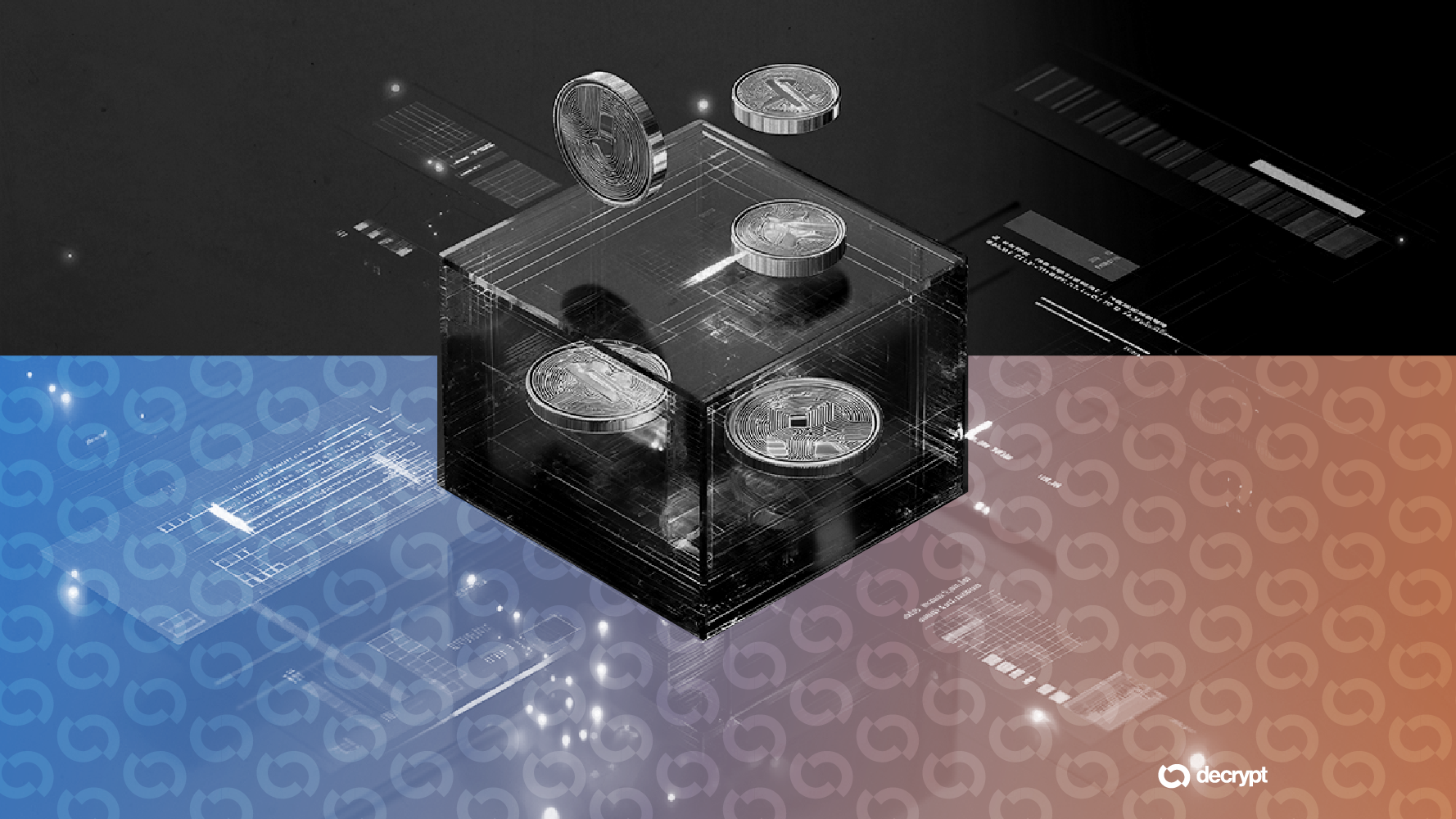DeFi Lender Drops $1M on Student Loans for Philippines & Indonesia—Genius or Gamble?

DeFi just crashed the traditional student loan party—with a seven-figure mic drop.
Who’s paying? A crypto lender just deployed $1 million in education financing across Southeast Asia. The targets: students in the Philippines and Indonesia, where loan sharks and bureaucratic red tape usually call the shots.
The twist? This isn’t your dad’s Sallie Mae. Smart contracts replace loan officers. Collateral? Try digital wallets. Default risk? Priced in real-time by algo overlords.
But let’s not pop champagne yet. That 12% APY ‘discount rate’ still smells like bankster logic in a leather jacket. And when the bear market bites, will these loans graduate—or flunk out?
One thing’s clear: Wall Street’s ivory tower just got a blockchain-powered wrecking ball.
Degrees of debt
Although loans increase short-term access to capital, policy researchers have argued that simply offering microcredit, particularly at elevated interest rates, may not be sufficient to drive meaningful economic outcomes for borrowers.
Undergraduate federal student loans in the U.S., meanwhile, carry a fixed interest rate of 6.53%, according to figures from the Department of Education.
In the Philippines, a government-backed loan program once offered families access to student financing at 5%, but the initiative, introduced during the pandemic, was phased out after the 2021–22 school year.
Since then, students have largely relied on private lenders, microfinance firms, or informal credit providers, where annual interest rates can run from 30% to more than 100%.
Microloan rates in the country, for instance, can carry effective annual interest rates exceeding 60% when issued by private lenders, according to industry data published by the Asian Development Bank.
Pencil Finance said that ErudiFi typically offers interest rates starting at 1.9% per month, plus a one-time service fee of 4.5% to 10%.
Even though roughly one-third of schools in its network subsidize interest payments, allowing some students to borrow at 0%, the standard monthly rate compounds to an effective annual rate of approximately 25.34%, roughly four times higher than in the U.S.
While the demand for student loans in the Philippines is "consistent and growing," Bitskwela's Reyes noted that the loans will be "sourced and managed on-chain," which may impact how the product is perceived.
On-chain student loans could offer a more transparent alternative, but they are entering a market where borrowing costs remain high and have become "a barrier for students," Reyes said.
"Filling those gaps can easily put a product like Pencil Finance strongly on the map," he added.

